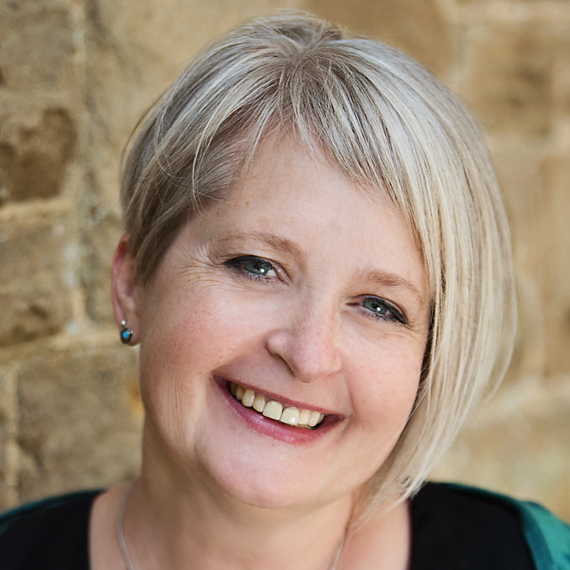I’ve been busy finalising my new online course – The ALIVE programme, overcoming my usual habitual procrastination by implementing a little of my own advice!
So today I thought I’d give you a little sneak preview of the section of the course:
How to Deal With And Overcome Procrastination
All of us procrastinate at some time or other. I’ve never met anyone who doesn’t – it’s just that some people are better at doing something about it.
Procrastination is a habitual emotional state and we all have different procrastination games we play. (Believe me, I played plenty, even as I was trying to write this!!)
See if you recognise any of these:
- The over – preparer: getting everything ready, but never actually doing – “I just need to….and then I’ll be ready”.
- The socialiser: “I’ll just respond to these emails and check facebook/twitter first”.
- The tidy upper: “I can’t get my head straight in this mess, I’ll just tidy my desk, office, cupboard first…”.
- The helper: helping others rather than doing their own stuff head in the sand; “maybe it will just go away if I leave it long enough”.
We procrastinate because we seek pleasure and avoid pain. We like instant gratification – and do things that feel easier and nicer. We procrastinate because we’ve attached unpleasant feelings to a task, usually fear.
Here are some of the most common fears leading to procrastination – often these are subconscious:
- fear of imperfection
- fear of failure
- fear of success
- fear of unknown
- fear of having to keep repeating it (tedious)
- fear of change
- fear of the feelings that may come up
- fear of rejection
- fear of making the wrong decision
We procrastinate when the negative meaning outweighs the positive meaning. We may know that it’s good for us in the long run, but there’s still too much negative association for us in the short term to get going. Or we may be suffering from overwhelm – we want to do it all, but don’t know where to start.
So what can we do to overcome procrastination?
Firstly you need a strong enough ‘why’ – be clear about where you are going and why that’s exciting. If we are more in love with our excuses why we are not doing something than our vision of what we want, we’re never going to get there. So you may need to give yourself a bigger why.
If we want to change the results in our life, we have to change our behaviour.
To change behaviour we need to change our emotional state (whether it’s procrastinating, worrying, overeating etc).
To change our state we have to change the meaning we attach to these things.
So what is the meaning you have attached to the tasks you are avoiding? Listen to your excuses.
How can you change the meaning – can you reward yourself? Our subconscious mind is like a 7 year old child . If you were tempting a child to do this task, how would you get them to do it?
Your state will be impacted by where your focus is, so focus on why it’s exciting, not why you fear it.
If the overall task seems too daunting, focus on and enjoy the individual elements of the task. Chunk it down. I
f you dread the idea of going out for a run – don’t think about the run. Just focus on and enjoy each individual action: getting ready, stepping out of the door, breathing in the fresh air, feeling your body move, enjoy the sensations of being outside, notice how good it feels to stretch your muscles etc.
You can apply this to any task and fool your subconscious – before it catches on to what’s happening, the task will be done and you actually enjoyed it! You can take this self deception even further by telling yourself (for example) “I’m not really going to write that report, I’m just going to get the file out and have a look at it… while I’m here I may as well write a few notes… hmm that’s interesting, perhaps I could do a bit more…” and again, before you know it the job is done. “I’m not really going for a run, I’m just putting on my shoes and stepping out of the door”, “I’m not really starting to job hunt, I’m just going to ring up a couple of recruitment agencies out of interest…”.
We start a habit by doing little things. Look for what you can enjoy in any task.
One personal example from me
For a long time I procrastinated about writing up my coach notes after sessions with my clients. I realised that I held a belief that the process of writing up the notes ‘killed’ the euphoria and sense of achievement that followed a good session.
So I looked at what I was passionate and excited about – understanding and helping my clients, planning the best journey for them, providing a good service.
Then I looked at how writing up my notes helped that ‘why’ and realised that the process of writing them gave me better reflection time and new insights on the call I may have missed at the time. They helped me plan a better journey and meant I had deeper insight, and recollection for my clients at the next session.
Now I focus on the positives of writing up my notes, and enjoy the process, rather than dread it AND I provide a better service for my clients!
If you’d like to know more about The ALIVE Programme click here for full details.




